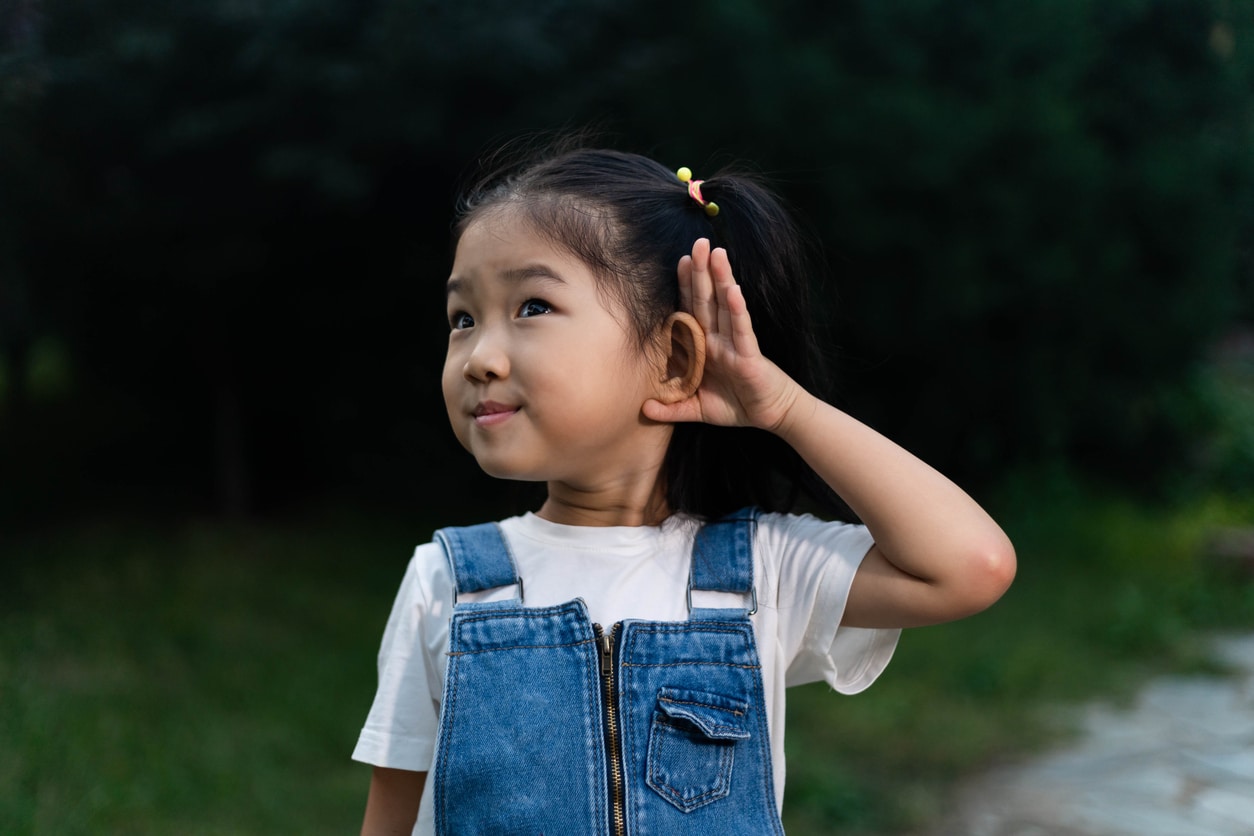Synesthesia is a neurological phenomenon in which stimulation of one sensory pathway automatically triggers another, unrelated sensory experience. It’s not a hallucination or disorder but a blending in the brain’s sensory regions. People with synesthesia typically experience these sensations consistently and involuntarily.
An example of synesthesia is seeing colors when hearing sounds or music, also known as chromesthesia. Lexical-gustatory synesthesia is another type of synesthesia where people taste specific flavors when hearing certain words.
Each person’s experience with synesthesia is unique. These associations don’t change randomly; they remain the same throughout a person’s life. There are other variations of synesthesia, making it not just relevant to the auditory community.
How Common Is It?

Synesthesia impacts approximately 4% of people around the world. It often runs in families and may be present from early childhood, though not everyone realizes their perception is unusual until they compare it with others.
How It Affects Daily Life
Most synesthetes don’t see their condition as a problem; many find it enjoyable or helpful. Some use it as a memory tool, and others describe it as simply part of how they interpret the world.
That said, certain types of synesthesia, especially those that involve strong tastes or physical sensations, can occasionally be overwhelming in environments with a lot of sensory input, like the Fireside Room, a local music venue.
Can Synesthesia Be Diagnosed?
There is no medical test for synesthesia, but researchers and psychologists often use consistency testing to identify it. Since synesthetic associations are stable over time, someone claiming to see the letter “B” as blue will continue to do so weeks or months later.
Synesthesia offers a glimpse into the brain’s incredible potential for connection, perception and variation. While it’s not something everyone experiences, learning about it can expand our appreciation for how people experience the same world differently. Whether you know someone with synesthesia or think you might have it yourself, contact Valley Audiology to schedule an appointment today.